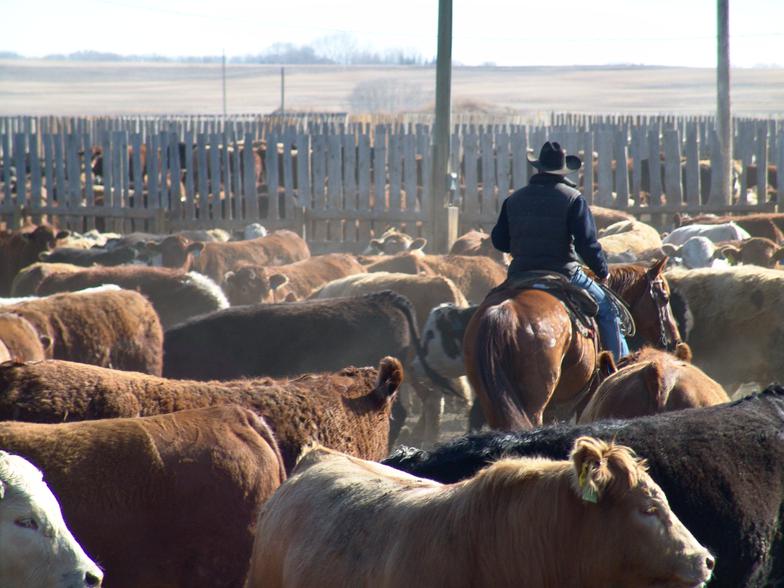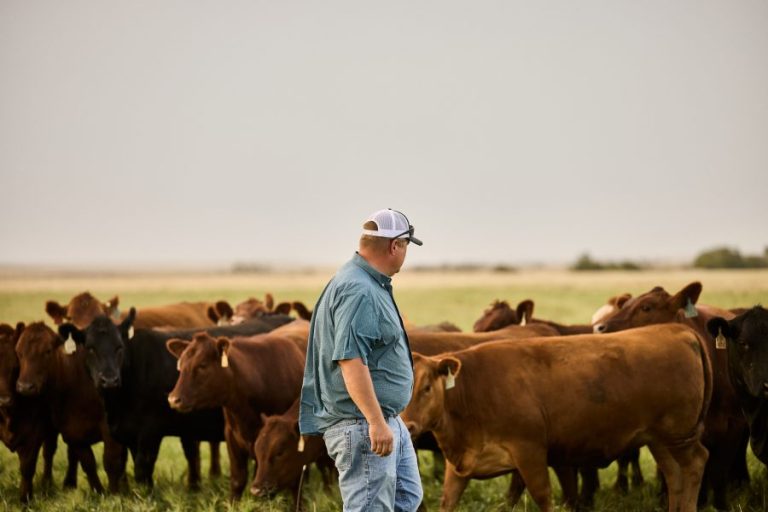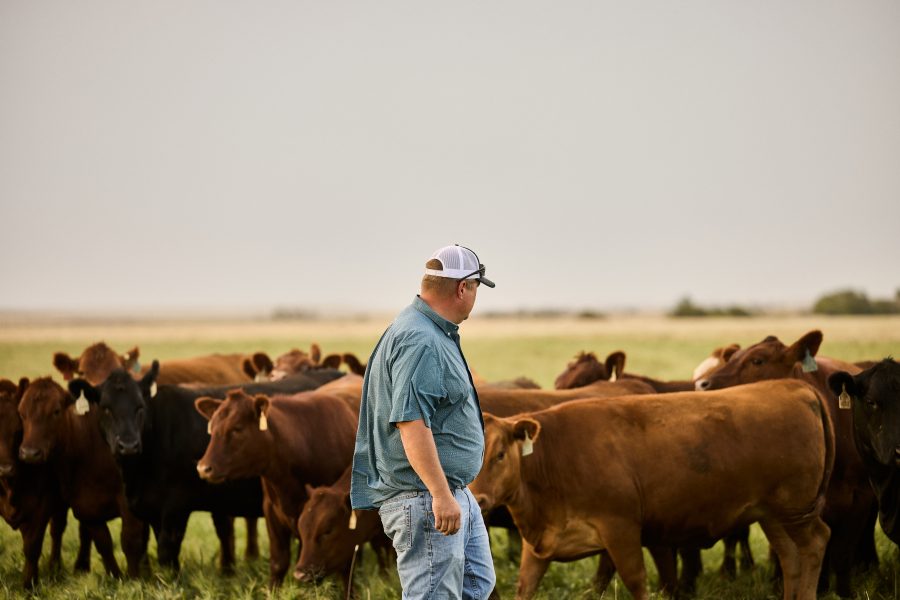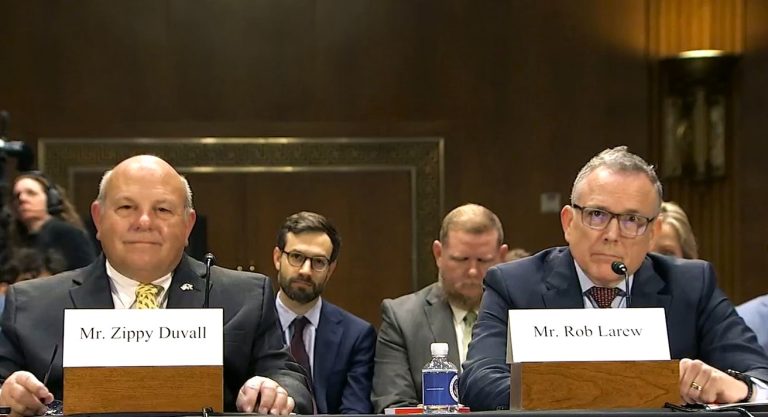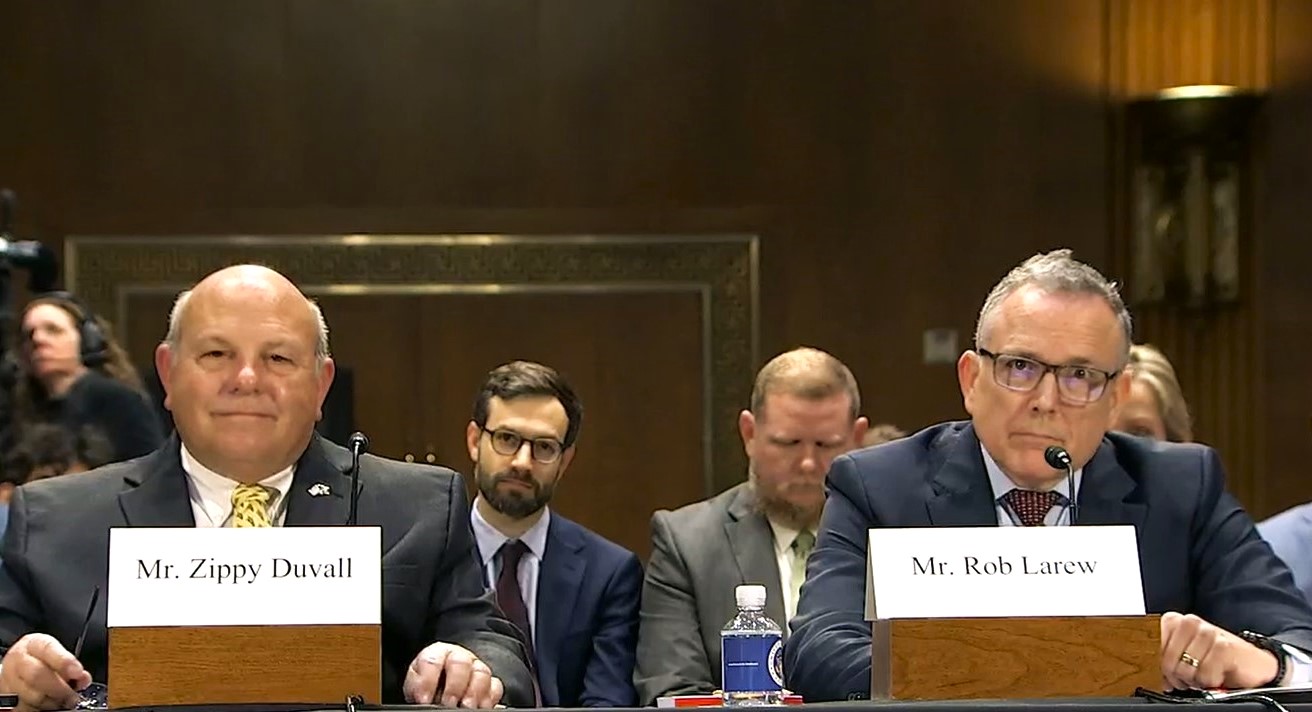MINNEAPOLIS, MN – A federal judge in Minnesota has ruled that a handful of cow-calf producers don’t have standing to sue the country’s largest packers over a drop in fed cattle prices in 2015.
U.S. District Judge John Tunheim ruled against a group of cattle producers from Kansas, Missouri, Nebraska and Tennessee who had filed claims against Tyson Foods, JBS S.A., Cargill, and National Beef Packing Co. The cattle producers sought class-action status for all cattle producers who sold cattle in 2015 directly to the packers as well as producers who sold cattle upstream to feedyards at lower prices.
The ruling was the second in the past nine months that Tunheim had dismissed the cattle producers’ claims.
The cattle producers argue the four largest packers conspired in 2015 to use their purchase power to bring down fed cattle prices and limit live trade in the fed cattle markets. The producers allege the coordinated conduct caused a collapse in fed cattle prices in 2015, which also caused feeder cattle prices to collapse. The producers argued they were indirectly affected by lower fed cattle prices because they typically sell cattle to feedyards or at auction.
Fed cattle prices peaked in November 2014 at $170 per cwt, but fell to around $125 per cwt by November 2015. Fed cattle prices bottomed out at $103 per cwt in September 2019. When COVID-19 hit in March 2020, fed cattle prices dropped to $99 per cwt.
The producers in the case argued the packers violated antitrust laws, including the Packers and Stockyards Act. They also had complaints against the packers filed in state courts.
The facts in the case were essentially similar to claims that Tunheim ruled against in August 2023. However, the cattle producers refiled their claims in October 2023, leading the packer defendants to ask Tunheim to throw out the latest complaint.
The cattle producers are just one set of plaintiffs in what is known as “Re Cattle and Beef Antitrust Litigation,” No. 20-cv-1319 in the U.S. District Court of Minnesota. The case involves not only cattle producers but also retailers, fast-food restaurants and wholesale buyers of beef with claims that packers increased the margins on the beef they sold to wholesalers. There is a similar case in the U.S. District Court for Northern Illinois that was filed last year. The Minnesota court docket is filled with filings from the packers detailing that they have settled with certain companies or individuals or have been dropped as defendants from others.
Tunheim, in his ruling filed with the U.S. District Court of Minnesota, noted the cow-calf producers had essentially “relabeled themselves” as producers of feeder cattle who indirectly sold to one or more of the large packers. By going from cow-calf producers to producers of feeder cattle, Tunheim indicated that, in effect, would expand the case to include all “indirect sellers, including cow-calf entities, ranchers, and backgrounders.”
Tunheim also stated in his ruling only one of the producer-plaintiffs could be considered a producer of feeder cattle “and even that is a stretch.” The judge ruled the producers “have not clearly demonstrated that they are producers of feeder cattle.” The producers also “have still not clearly alleged that they were the target of an alleged conspiracy.”
Tunheim stated feeder calves “are inherently different than full-grown cattle that the defendants (packers) process.” The judge stated the plaintiffs “are several steps removed” from the packers’ alleged market manipulation, even if there is a tie between changes in fed cattle prices and changes in the feeder cattle market.
With that, Tunheim dismissed the cow-calf producers from the cattle and beef antitrust litigation case, which continues due to lawsuits from purchasers of beef that argue the packers increased the margins between what they paid producers and what they charged for their processed products.
